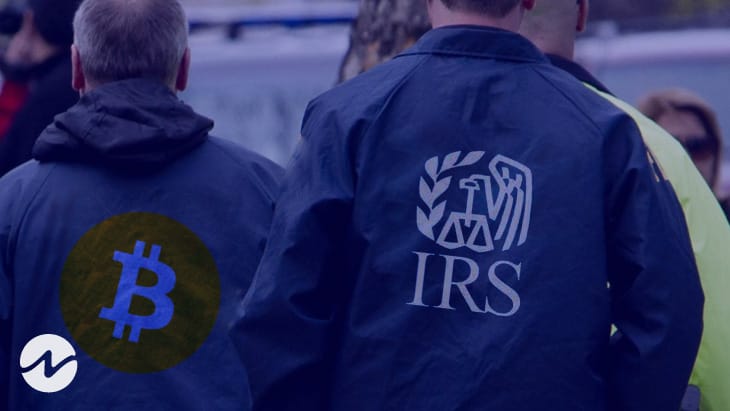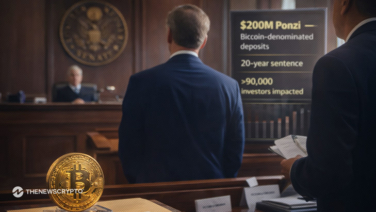An IRS Director says the agency has confiscated $1.2 billion in cryptocurrencies this year. It was up from $137 million in crypto seizures last year.
Further, Jarod Koopman, Director of IRS Cybercrime, talked with CNBC on Wednesday. For tax evasion, fraudulent returns, and money laundering, the division utilizes crypto-tracking and open-source data.
Accordingly, he said the FBI, HSD, Secret Service, and DEA often seize cryptocurrency (DEA). This year’s seizure of cryptocurrencies was more than in the prior two fiscal years ended September 30.
Moreover, several agents are present during the actual seizure, according to Koopman. The DOJ engaged cryptocurrency guardian Anchorage Digital on Monday to manage bitcoin confiscated in criminal prosecutions.
The state doesn’t time the market. In June, the US government sold surplus litecoin, bitcoin, and bitcoin cash. For nearly $21,000, this lot (4TQSCI21402001) included Litecoin 150.22567153 and Bitcoin cash 0.00022893.
Koopman’s IRS team isn’t typical. Armed cops who conduct searches, arrests, and seizures. They return with massive crypto-cash.
Black market Silk Road took Bitcoin. It ensured users’ anonymity. Despite the damage to its reputation, it helped Bitcoin by providing it with a non-programming use case. After the authorities destroyed Silk Road, a federal inquiry ensued.
The Government Not Timing the Market
The 2014 coin cache sold for almost $1.1 billion on Wednesday. And the government isn’t in crypto. This is by developing a system to monitor and seize cryptographically produced tokens intended to avoid law enforcement.
The prosecution of bitcoin and other cryptocurrencies takes place in US courts. First, a search. Then, raids against cryptography sales. Third, use crypto-sale profits. Koopman says this is a collaborative effort.
After a case is concluded, the US Marshals Service auctions off the government’s crypto assets. So far, 185,000 bitcoins have been confiscated and sold. Over $7 billion in coins were sold in bulk at far cheaper rates. Once sold, the Marshall Service no longer oversees the work alone.
To sell seized bitcoins, the US General Services Administration (GSA) puts them up for auction like in early 2018. Crypt auctions will continue, according to Koopman. Koopman thinks it’s not about “timing” the market.
A case is concluded, and the cypher is exchanged for fiat money. They go to one of two funds: Treasury Forfeiture or Justice Forfeiture. Depending on the project, the Koopman team gets different sums. Sometimes, congress will decide to empty the full account.
It’s challenging to track where all the money goes, says Alex Lakatos of Mayer Brown in Washington, DC. The FBI getting into the Colonial Pipeline hackers’ bitcoin wallet earlier this spring appears to be a recent example of this.
Recommended for You








